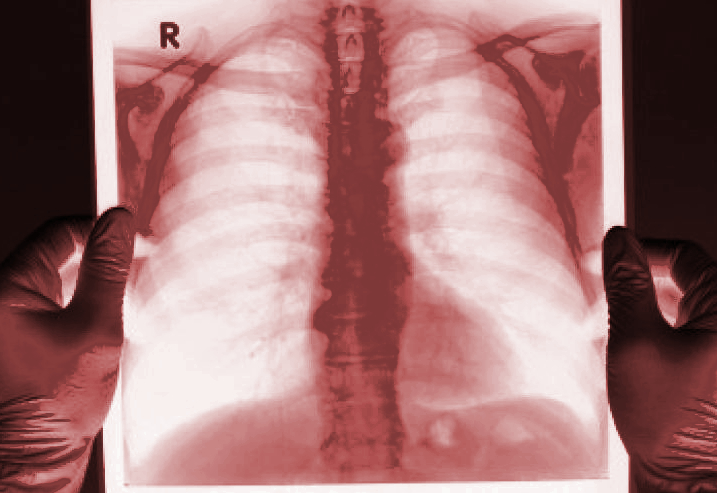Black lung laws boosted
 Queensland has passed new laws to provide more tests for coal workers’ pneumoconiosis (CWP), also known as black lung disease.
Queensland has passed new laws to provide more tests for coal workers’ pneumoconiosis (CWP), also known as black lung disease.
Legislation passed with bipartisan support to see those who have retired or left the coal mining industry before January 1, 2017 offered compensation for medical examinations, to encourage more testing for the disease.
It also allows those diagnosed with CWP to reopen workers' compensation claims to access further benefits, and provide extra rehabilitation support for workers seeking suitable alternative employment.
The re-detection of black lung in 2015 triggered the formation of a parliamentary committee to investigate the failure of regulatory and monitoring systems, and looks for ways to protect workers in the future.
Since November 2015, there have been 24 confirmed cases (with ages ranging from 38 to 73) of black lung, according to the Black Lung, White Lies report.
The report provides evidence of massive systemic failure to protect coal industry workers, with many having believed the disease had been eradicated, while workers suffered in silence.
Serious shortcomings have been revealed in the practices of health professionals in charge of monitoring the health of coal workers in diagnosis, notification and treatment.
The review committee found mine operators were responsible for part of this failure too, as they paid inadequate attention to dust surveillance.
CFMEU district president Stephen Smyth says the “gross negligence” in the handling of coal workers' health was “totally unacceptable”.
“We want to make sure we fix it forever, but there have so many systematic failures,” he said.
“The issue of black lung should shake the foundations of how we look at health and safety.”
Mr Smyth wants further legislation to implement the 68 recommendations made by the government’s select committee.
The recommendations include improving the standard of x-ray analysis and using better breathing tests.
He said it would require US experts to train Australian medical teams.
“Currently, all our x-rays are sent to the US to be dual-read - read in Australia and then the US - and then if a diagnosis is required it goes to a respiratory specialist in Brisbane,” Mr Smyth said.
He said auditing procedures in Australia should be improved to avoid the need to send scans to the US.
“We need to restore the faith of the workers. Miners had a faith in the system as being tried and tested when it hasn't been.”








 Print
Print